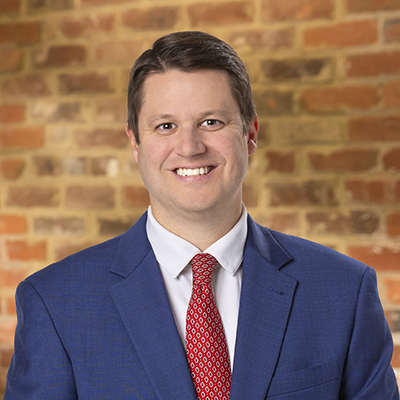There were several significant changes governing police traffic stops in the Commonwealth that took effect on July 1, 2021. The General Assembly made these changes in an attempt to prevent police officers from using routine equipment violations as a pretext to justify traffic stops that were actually intended to investigate other more serious infractions.

Many routine equipment violations were amended from primary to secondary offenses. Police cannot lawfully initiate a traffic stop on the basis of a violation or suspected violation of a secondary offense.
As of July 1, 2021, many statutes governing equipment violations were amended to add the following language:
“No law-enforcement officer shall stop a motor vehicle for violation of this code section. No evidence discovered or obtained as a result of a stop in violation of this subsection, including evidence discovered or obtained with the operator’s consent, shall be admissible in any trial, hearing, or other proceeding.”

With the changes, police in Virginia can no longer initiate a traffic stop for:
- Defective or unsafe equipment (46.2-1003)
- Objects dangling from the windshield (46.2-1054)
- Dark window tint (46.2-1052)
- Expired registration or inspection, unless the inspection sticker has been expired for 4 months (46.2-1157)
- Taillights not working properly (46.2-1013)
- Brake lights not working properly (46.2-1014)
- Loud or malfunctioning muffler/exhaust (46.2-1049)
In addition, police can no longer stop a pedestrian for jaywalking (46.2-926 and 46.2-923).
All of these infractions are still illegal, but they are “add-on” violations. If you are lawfully pulled over for a primary offense, an officer can also cite you for these secondary offenses. But a police officer in Virginia can no longer use a violation of the above code sections as a reason to pull you over.
If you have been injured through no fault of your own, the experienced attorneys at Allen & Allen can help you determine whether or not you are entitled to compensation. Call today for a free consultation at 866-388-1307.


